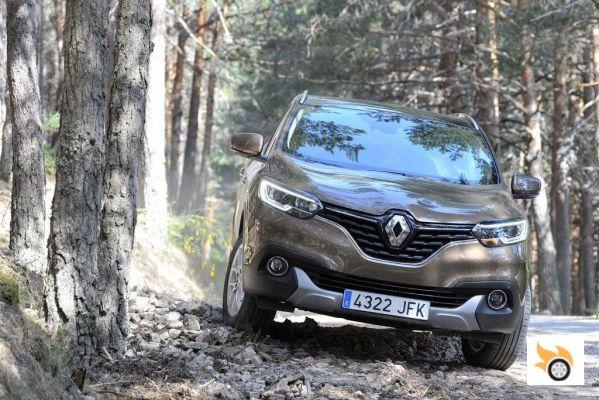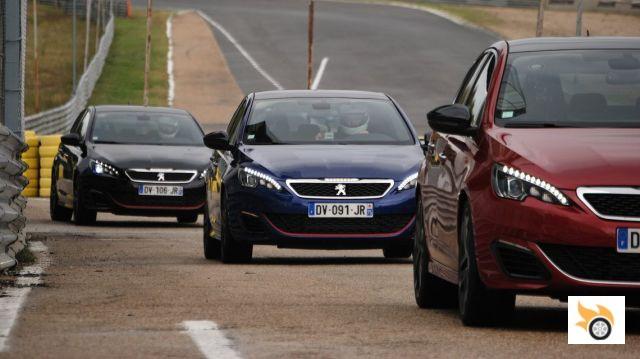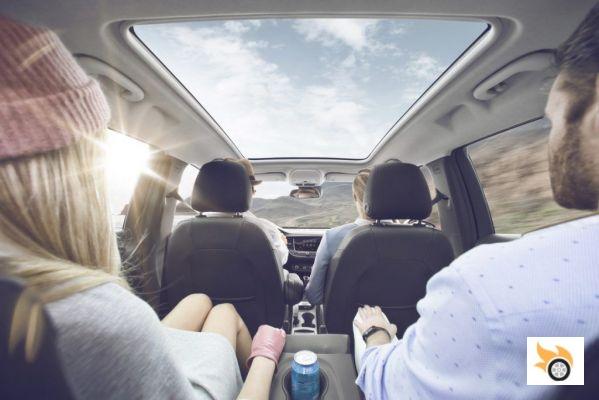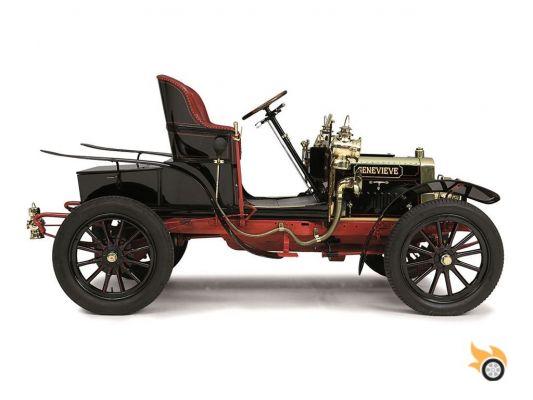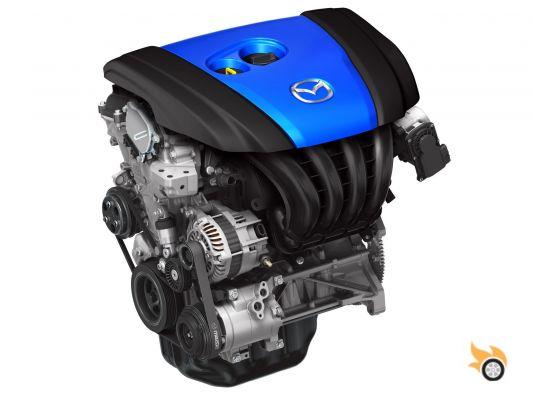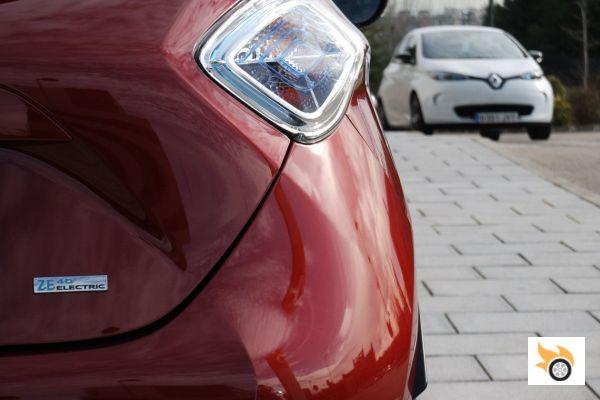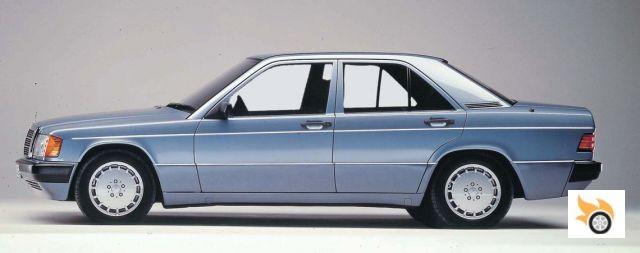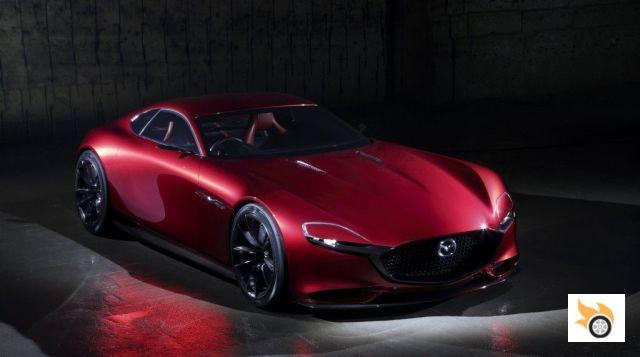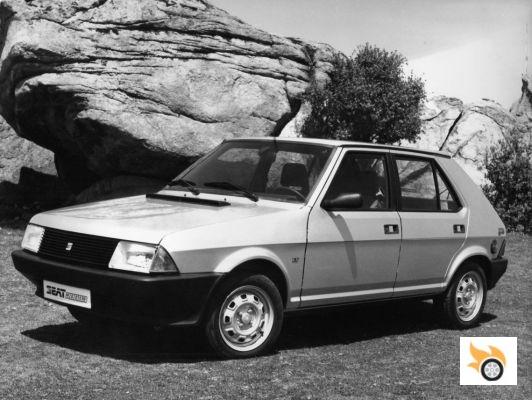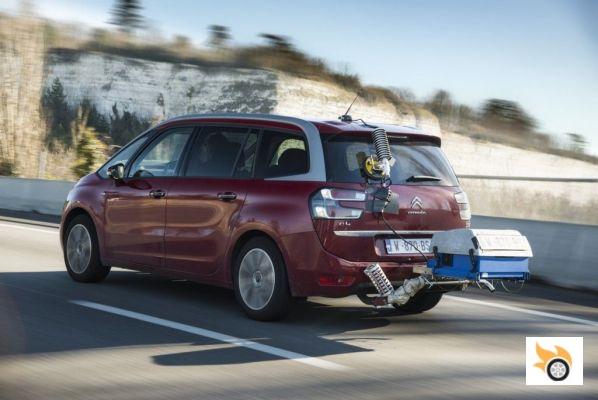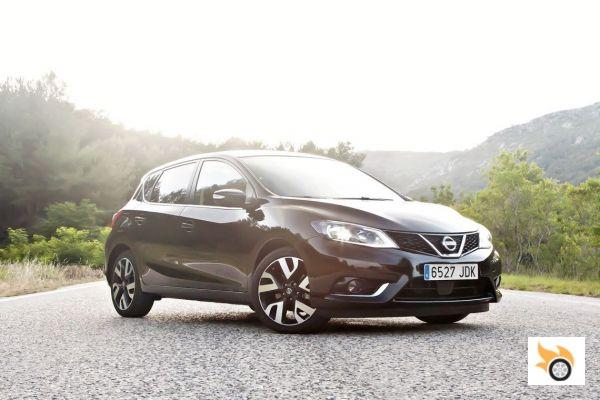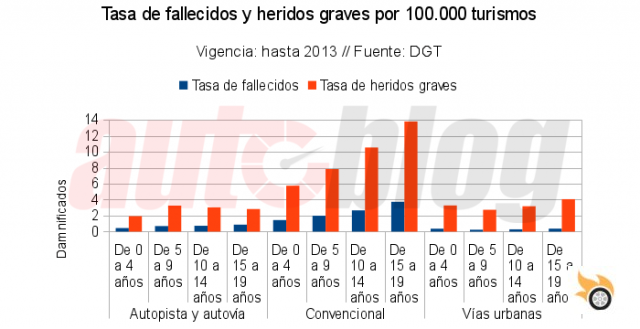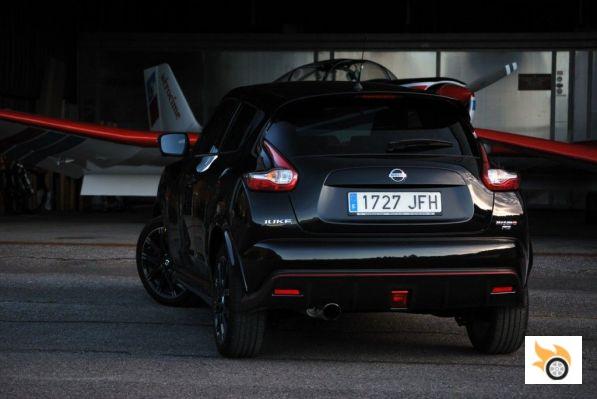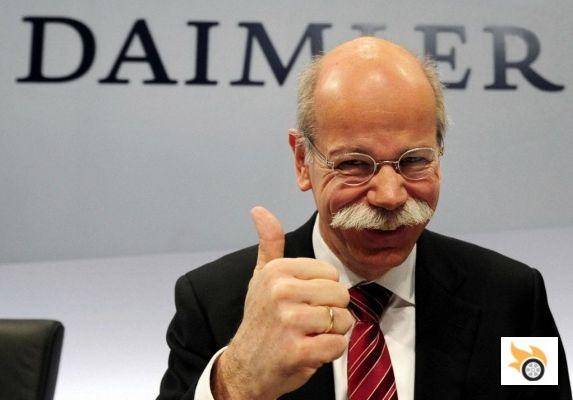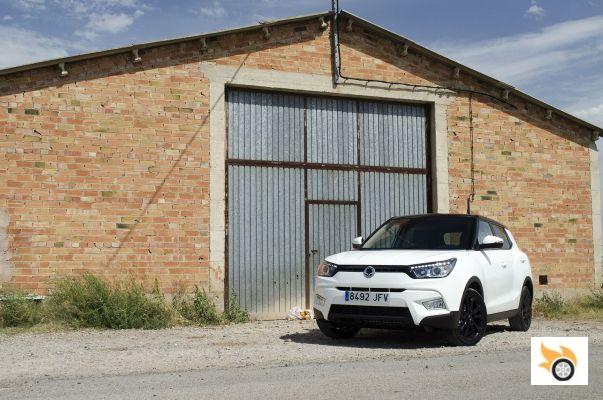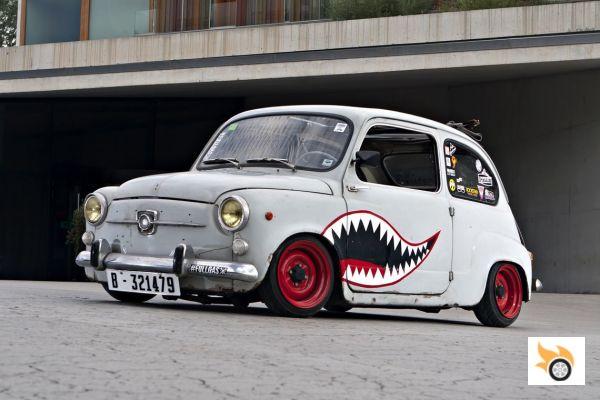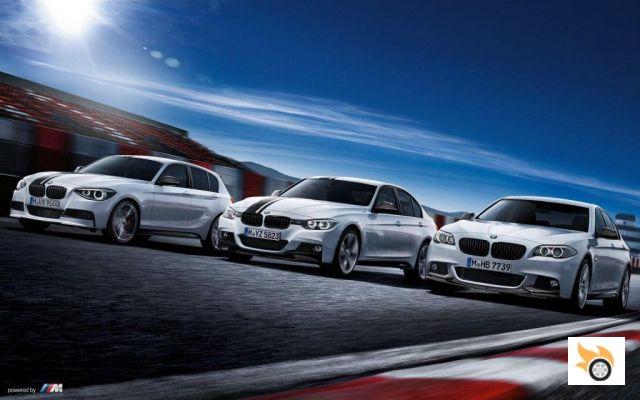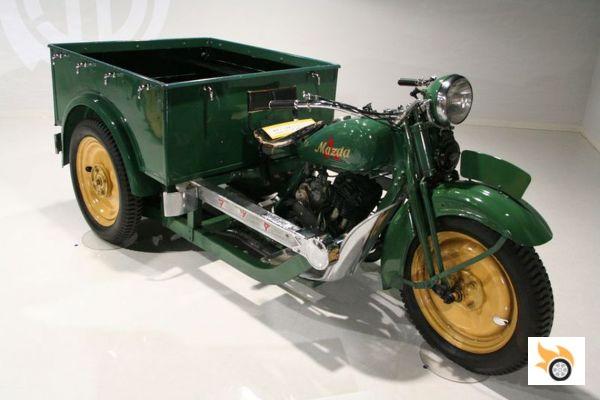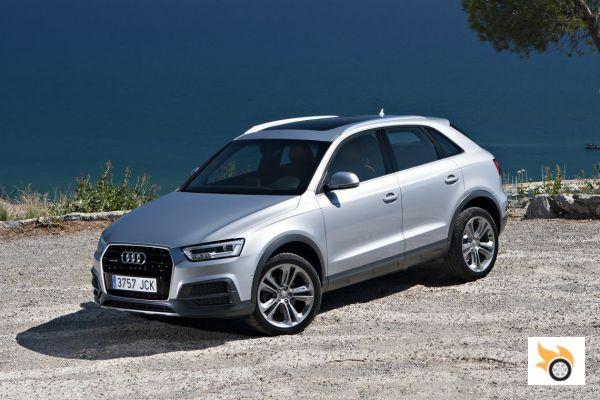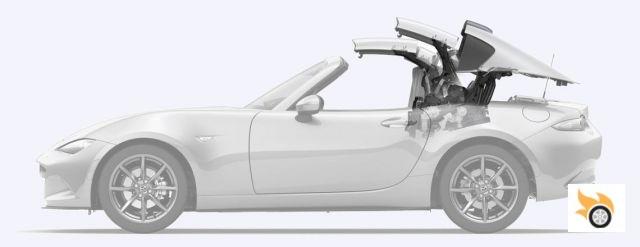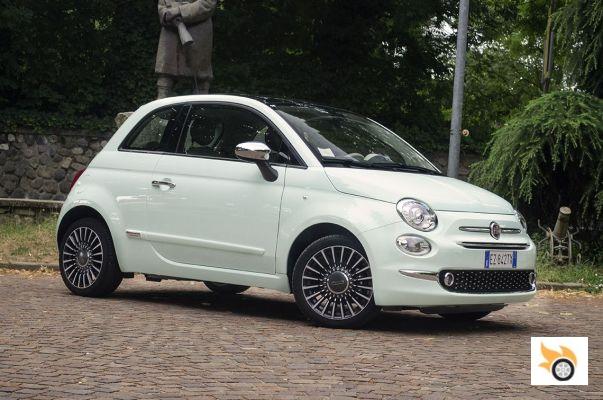Allow me to digress a little. I was watching "El Comidista", a space of EL PAÍS, in which several cases of having sneaked low-end or reduced-price products to alleged gourmets as if they were high-end (La prueba del postureo) are discussed, and the results are surprising. When we take away certain attributes from a product, such as the packaging or the brand image, its perception can change completely. Can a McDonald's salad be sold as an organic product? Absolutely. In the same way, a wine for one euro per litre, suitable for a bottle, can be sold as if it were a delicate wine from a prestigious winery.
The real expert will not fall into the trap, but what about the others?
When we are trying to differentiate products from different ranges, there are some attributes that are objective, but there are others that are totally subjective and random. Within the second group we will find a lot of posturing, people who will pretend to be experts, and who in reality have no idea what they are talking about. However, starting from the premise that it is a high-end product, their way of judging the product in question will be quite different.
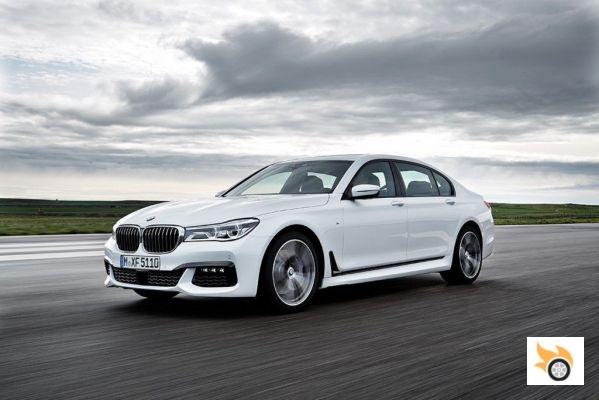
Let's go back to talking about cars. If we are not talking about luxury or very exotic cars, we can differentiate between two large segments, the generalist and the premium. As I said before, yes, there are some objective attributes that really make the difference, but there are also others that are totally personal. It's something that happens even to motor journalists, we can have a predefined judgment when testing a car of a premium brand and a generalist, and then get a surprise, both good and bad.
But well, let's assume that we are talking about a guild with a higher knowledge than normal, and that in my profession we are able to objectively judge a car by something more than the shield that carries the hood. Another thing will be to talk about the general public, where we will not always find enough car culture to properly distinguish one thing from the other.
In any Spanish bar, apart from having the ideal line-up for the Real Madrid-Bayern Munchen match, we can receive the following comment about the difference between a generalist and a Premium of the same manufacturer, but different brands: "they change the logos and little else". With a couple. It is correct that they are cars that share platforms, engines and a long list of elements for economies of scale, but there really is a difference, and I'm not just talking about the final figure on the invoice.
https://youtu.be/ceo8-gtio9Y
The difference will be smaller or bigger, and not everyone will perceive it in the same way: it depends on the pocket.
Let's say we do blind tastings of cars. Driving blind, to be honest, is a bit difficult. It's not that it's impossible, SEAT organised a day at the Jarama Circuit in July in which blind drivers did some laps with a co-driver, and many other drivers like you and me drove blindfolded. I'll keep the story of a colleague of mine, she was able to describe very well the feeling of driving literally blind. This is not possible on the open road, it would be punishable as a "distraction" at least.
Why a blind tasting? For obvious reasons, so as not to see the make of the car. For many people there are cars that are unrecognizable if we remove their shield (some even with shield), but I'm thinking of completely freeing our brain from the concept of brand. A completely blind tasting, blindfolded, and with the logos suppressed by touch with duct tape or whatever method you prefer.
I seriously doubt if there would be so many people willing to differentiate what is Premium and what is not. The blind taster would sit in the car and be able to appreciate the feel of the materials, what they smell like, ergonomics... but not much more. Of course the brand would not contaminate his judgement, unless he is someone so geeky that he can distinguish brand and model just by the shapes of the dashboard to the touch. I myself don't consider myself that good with my touch memory.
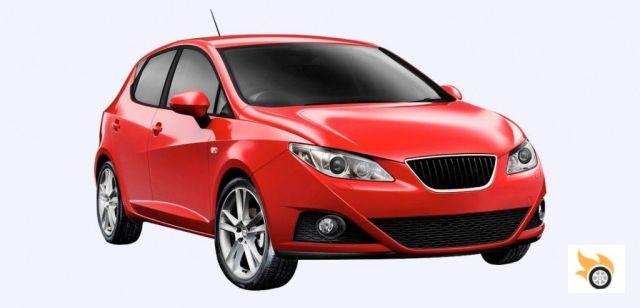
I'm sure the average Pistonudos reader won't get confused identifying this model, or at the very least, get the make right. But that knowledge may already bias your judgement, you've already thought of SEAT, and some ideas have already been preloaded in your mind. The only way to avoid this is to be completely blind.
In a second part of the tasting, we can move on to the dynamic part, although obviously as passengers. A driver would be in charge of driving the car, and the taster will have to concentrate on its sensations. How to distinguish a Premium from a generalist? Well, the answer is not obvious, far from it.
For example, we will feel more comfortable in the suspension of a generalist with 50 profile tyres than a Premium with a 35 profile. We would be tempted to say that the generalist is a car with better rolling quality, although this is not really the case. The verdict is probably not the same if we know which car we've ridden in, because it's already a judgement with preconceived ideas. Without those ideas, the truth is that talking about cars wouldn't be the same.
Nowadays the difference between premium and generalist can be tremendously blurred. On the one hand we have generalists who make better and better products and closer to what we consider high-end products. On the other hand, there are premium manufacturers who, in their insatiable desire to sell more than their rivals, are lowering the bar and entering segments where they had not previously "stooped" to enter. I'm sure we all have a few examples in our heads.
It would be interesting and revealing to invite customers, whether from a brand, a multi-brand dealership or any other car dealer, to do blind tastings; both static and dynamic. Let them give their impressions of what they have found, and judge the quality of the product without prejudice. Everything that our brother-in-law may have told us will not affect us. We will value in a much more objective way.
On a day to day basis we make these comparisons with attributes that have little to do with the car, such as the brand we want to be seen by others, if the philosophy of such a model is consistent with our lifestyle, or if in general it brings status or if we just have to like it. We use subjectivity every day, and that takes us away from reality. It is not easy to escape from this hidden discourse, we may have it engraved in our memory.
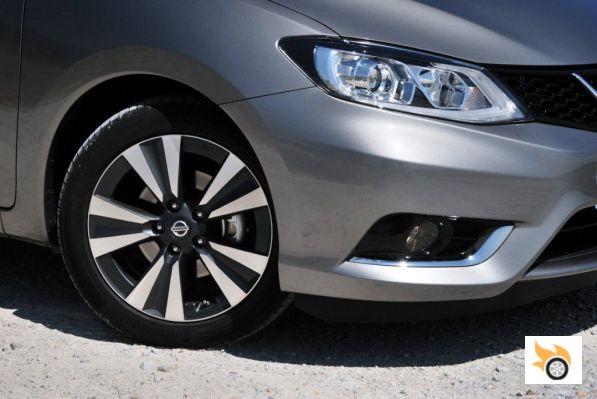
Once we have determined the objective difference between one product and another, to what extent is it worth it? Well, that's a question of purchasing power. Any product that is likely to be perceived as a higher-end product, or one that is a whim, can be priced higher than normal. The manufacturers know this, and that's why they put the price gouging they do with SUVs, sports cars, premium models, etc. The "hook" price cars, those that really have the price of the ad, have a much tighter margin.
The difference will have to be paid. There are brands in which a simple reprogramming of the engine control unit can cost 1,000 euros, with the same equipment, logos, body color and any other attribute. If you have a generalist and premium brand, there will also be a big difference between one and the other, even if 75% of the car is exactly the same. The pain of 6,000 euros is not the same for those who were thinking of spending a maximum of 30,000 euros, as it is for those who were thinking of spending less than 100,000 euros.
The bigger the pocket, the easier it is to perceive the difference.
I know it's not easy, and that advertising and marketing managers have polluted our minds with all kinds of messages, most of them related to seduction, taking us away from our rational and objective side. As far as possible, we have to get rid of these ideas, and value the products fairly. There will be everything from high-end products that can be surpassed by much cheaper generalists, to really having something different, something that no generalist can match.
Do you consider yourself capable of doing that exercise of mental abstraction, or are you unable to free your mind?
PS: In the first picture you can see the interior of the Kia K9, an F-segment car, like the BMW 7 Series below it.




